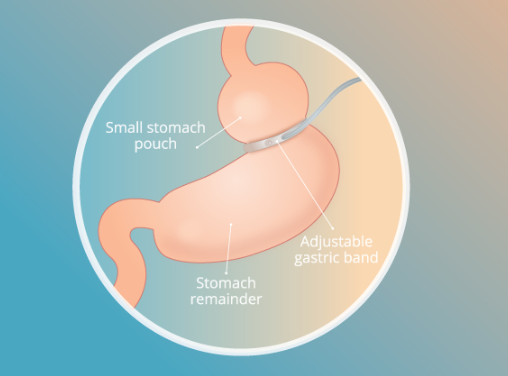If you’ve ever watched the popular TV show called “My 600 Pound Life”, then you know that bariatric surgery is often the only hope that severely obese patients have at living a normal life again.
However, it’s after a great amount of consideration that people finally decide to have this surgery, and one of the most important concerns is the bariatric surgeon that’s going to perform the procedure.
While the number of bariatric surgeons is growing, it might take a while before you can find a specialist that really suits your needs. It’s important that you work with a surgeon that understands your needs so that they can provide you with a procedure that yields the least amount of complications. It’s equally important that you choose a surgeon that will support you with the right tools to lead a quality lifestyle after surgery. If you live in Singapore, a good bariatric surgeon would be Dr Ganesh Ramalingam who has many years of experience in the field.
Here are some important questions that you should ask to help you find the right bariatric surgeon.
- How much experience does the surgeon have with bariatric surgery?
Geriatric surgery is a fairly common procedure and most general surgeons can perform it efficiently. However, there are also specialist surgeons whose focus is solely on performing weight loss surgery. For best results, it’s often recommended to go for a surgeon in the latter category.
Studies show that the more often a surgeon performs bariatric surgery, the more proficient they become at it, and with more practice come fewer complications as well.
- What type of surgery will the surgeon perform?
Generally speaking, bariatric surgery is not dangerous at all and it always leads to weight loss for the patient. While the recovery is usually quick and straightforward, there’s still a small chance for complications to occur.
That’s why you should weigh in the potential risks of the surgery against the expected upside while keeping in mind that each type of bariatric surgery has its own possible complications. So don’t hesitate to communicate with your surgeon about your worries before the surgery and ask as many questions as you need.
- Where’s the surgeon located?
Bariatric surgeons are often located in cities and upscale areas, which means that you might have to travel for the procedure if you live in the country or a remote rural area. Regardless of where your surgeon is located relative to your location, make sure that they’ll be available to provide you with the best possible support before and after the surgery.
- What are his credentials?
As previously mentioned, there are general surgeons who can perform bariatric surgery, and then there are specialists who exclusively deal with weight loss surgery in their daily practice. When weighing your options between the two, remember that specialist bariatric surgeons typically have better results than surgeons without regular experience of performing the procedure.
Here are some specific questions that you can ask to gauge your surgeon’s level of expertise:
- Are you currently board certified to practice general surgery?
- Are you taking part in continuous education so that you can improve your bariatric surgery practice?
- What’s the number of bariatric surgeries that you’ve performed in the last 12 months?
- Does the surgeon offer post-operative support?
Bariatric surgery is about more than just the actual procedure itself. There’s a lot of preparation that you have to go through, like adopting certain lifestyle changes that enable you to reach optimal weight for surgery, and then going through post-operative support after the surgery to help keep the weight off.
